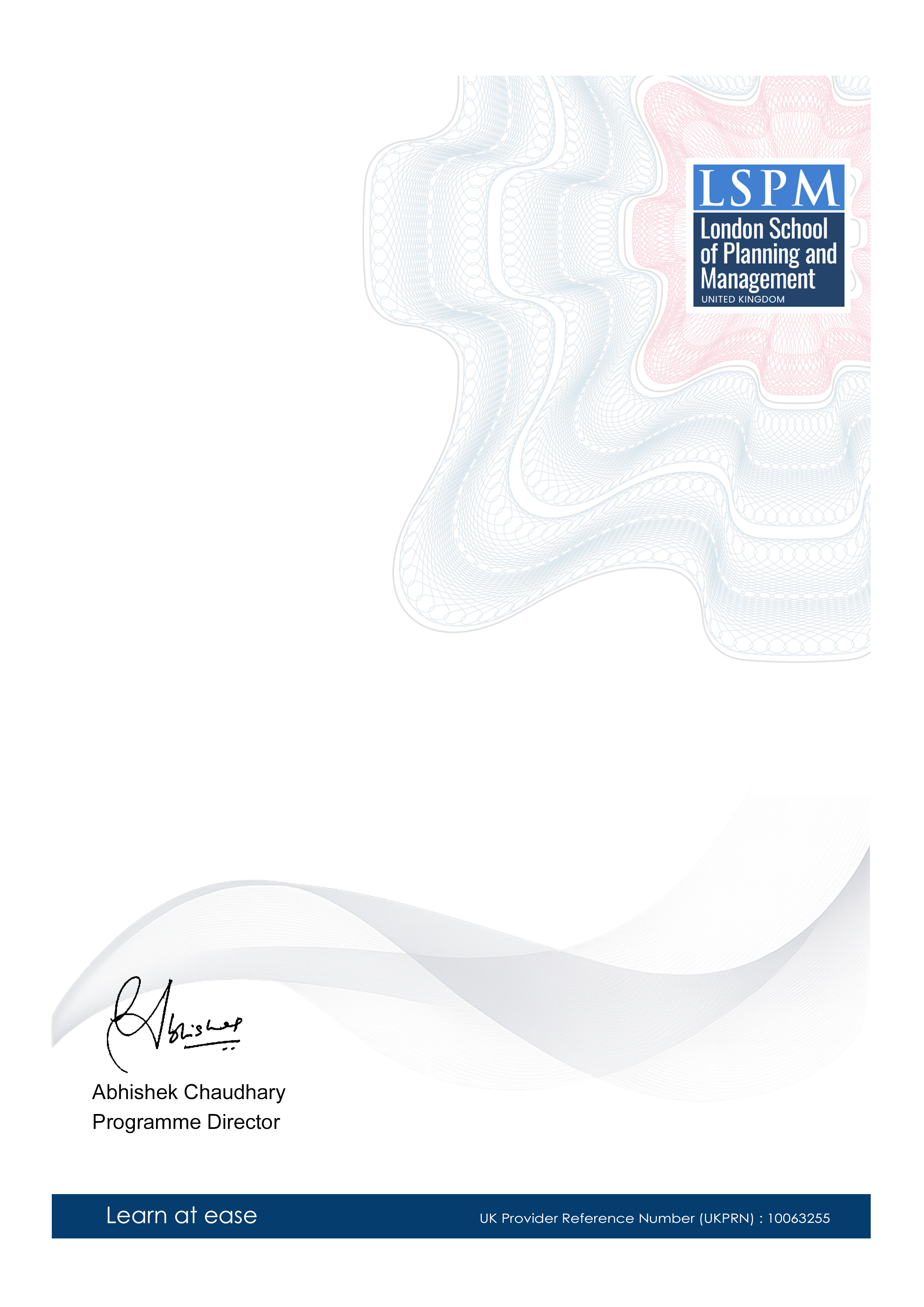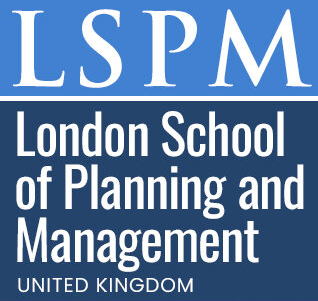Executive Certificate in PLC Programming Best Practices
-- viewing nowThe Executive Certificate in PLC Programming Best Practices is a comprehensive course designed to equip learners with the essential skills required in today's demanding industrial automation landscape. This course focuses on the importance of PLC programming best practices, which are crucial for increasing productivity, reducing downtime, and improving the overall efficiency of automated systems.
5,725+
Students enrolled
GBP £ 149
GBP £ 215
Save 44% with our special offer
About this course
100% online
Learn from anywhere
Shareable certificate
Add to your LinkedIn profile
2 months to complete
at 2-3 hours a week
Start anytime
No waiting period
Course details
• Introduction to PLC Programming: Basics of PLCs, common components, and their functions.
• PLC Programming Languages: Overview of IEC 61131-3 programming languages and their applications.
• Ladder Logic: Designing and implementing ladder logic diagrams, optimization techniques.
• Function Block Diagram (FBD) Programming: Creating FBDs, using function blocks, and interfacing with other programming languages.
•
• Instructions and Timers: Utilizing various instructions and timers effectively in PLC programming.
• Data Management: Data organization, handling variables, and managing data storage in PLCs.
• PLC Hardware and Communication: Understanding communication protocols and interfacing with peripheral devices.
• PLC Programming Best Practices: Implementing proven strategies for efficient, maintainable, and scalable PLC programs.
• Testing and Debugging: Techniques for thorough testing, debugging, and validation of PLC programs.
Career path
Entry requirements
- Basic understanding of the subject matter
- Proficiency in English language
- Computer and internet access
- Basic computer skills
- Dedication to complete the course
No prior formal qualifications required. Course designed for accessibility.
Course status
This course provides practical knowledge and skills for professional development. It is:
- Not accredited by a recognized body
- Not regulated by an authorized institution
- Complementary to formal qualifications
You'll receive a certificate of completion upon successfully finishing the course.
Why people choose us for their career
Loading reviews...
Frequently Asked Questions
Course fee
- 3-4 hours per week
- Early certificate delivery
- Open enrollment - start anytime
- 2-3 hours per week
- Regular certificate delivery
- Open enrollment - start anytime
- Full course access
- Digital certificate
- Course materials
Get course information
Earn a career certificate

